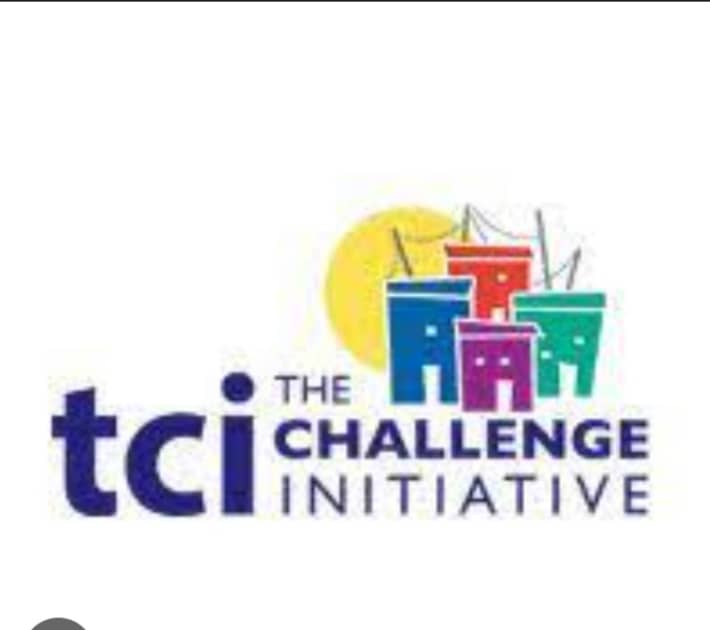
Stakeholders in Osun have commended the slight increase in the uptake of family planning methods by residents in the state.
The stakeholders spoke at a media roundtable on family planning organised by a Non-governmental organisation, The Challenge Initiative (TCI) on Thursday in Osogbo.
The meeting has as its theme” The Challenges, Successes and The Impacts of TCI on family planning in the state”.
In her presentation, Mrs Ololade Abatan, the family planning coordinator in the state said that there was an increase in the uptake of family planning in the state state by 6 per cent between 2018 and 2023/2024
Referencing National Demographic Health Survey (NDHS), Abatan said that the uptake of family planning methods in the state was 29 per cent in 2018.
She, however, said that with the efforts of the state government in collaboration with TCI, the uptake was increased to 35 per cent, representing 6 per cent increase.
Abatan, however, said that family planning uptake was still facing challenges in the state.
According to her, inadequate commodities and consumables leading to hight stock-out, unmet needs,inadequate human resources to provide quality family planning services, myths, rumours, among others are some of the challenges.
Abatan, however, said that the goal of family planning was to ensure that every pregnancy is wanted and to reduce maternal morbidity and mortality rate.
In her remarks, Mrs Roseline Akinlabi, the Adolescent and Youth Reproductive Desk Officer, Primary Health Care Board, said that globally, pregnancy complication were the leading cause of death for women and girls of 15 to 19 years.
Akinlabi, however, said that child marriage, early menarche, cultural norms, sexual abuse, violence , among others were some of the factors responsible for adolescent pregnancy.
Speaking on the problems associated with Adolescent pregnancy, Akinlabi said that unsafe abortion, financial strain, physical abuse are some of the factors associated with it.
She, however, said that addressing socio-economic factors, access to health care, educational support were some of the solution and prevention to Adolescent pregnancy.
In her presentation, Mrs Taiwo Adeniji, the State Health Promotion Officer, also commended TCI on its intervention programme on family planning in the state.
Adeniji said that the intervention of TCI had increased family planning uptake in rural areas in the state.
Represented by Mrs Funmilayo Adebayo, Health Promotion Officer, Oriade Local Government, Adeniji said that TCI intervention had led to improved access to family planning in rural areas, community engagement, capacity building for health workers, among others.
Adeniji, however, identified cultural, religious belief, limited access to services, poverty and economic constraints inadequate policy implementation, among others as some of the challenges of family planning in the rural areas.


